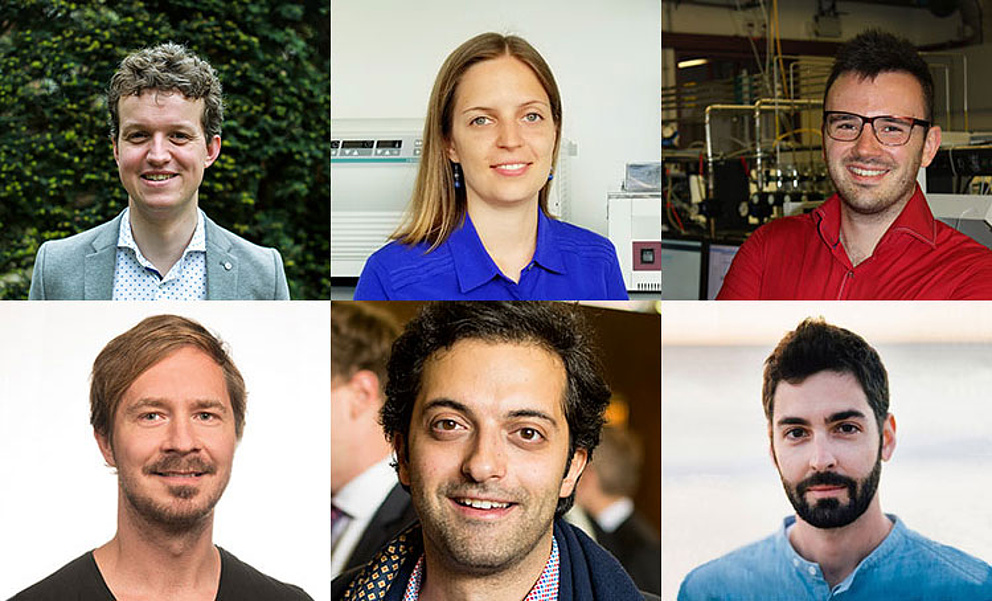
Kontakt
Presse, Kommunikation und Marketing
Tel.: +49 228 833-144
Fax: +49 228 833-441
presse[at]avh.de
Six talented young international researchers will receive up to 1.65m euros each in award money with which to establish their own working groups in Bochum, Duisburg-Essen, Cologne, Constance, Münster and Regensburg.

The Alexander von Humboldt Foundation has selected six talented international researchers aged between 28 and 36 for one of the highest-valued research awards in Germany. The award winners will receive up to 1.65m euros each.
The Sofja Kovalevskaja Award provides junior researchers with risk capital for innovative projects in an early phase of their careers. They will conduct research for five years at German universities and research institutions and establish own working groups at their host institutes. The award is funded by the Federal Ministry of Education and Research.
The Sofja Kovalevskaja Awards will be presented at a ceremony in Berlin on 20 November. A press invitation will follow.
The newly selected award winners, their countries of origin and most recent countries of residence, their specialisms and their host institutes are:
- Tonni Grube Andersen: The hidden life of plants
Denmark/Switzerland; cell and developmental biology of plants; Max Planck Institute of Plant Breeding Research, Cologne, Department of Plant-Microbe Interactions - Joshua Philip Barham: Breaking new ground in synthesis chemistry
United Kingdom/Japan; organic molecular chemistry/electrochemistry; University of Regensburg, Institute of Organic Chemistry - Jan De Graaf: A pan-European view of the post-war period
Netherlands/Belgium; recent and modern history; Ruhr University Bochum, Institute for Social Movements - Angelo Di Bernardo: Innovative materials for the quantum computers of the future
Italy/United Kingdom; experimental condensed matter physics; University of Constance, AG Mesoscopic Systems - Doris Hellerschmied: Stress in cells
Austria/USA; biochemistry; University of Duisburg-Essen, Centre of Medical Biotechnology - Ottaviano Ruesch: How did it all begin?
Switzerland/Netherlands; geology; University of Münster, Institute of Planetology
The Alexander von Humboldt Foundation
Every year, the Alexander von Humboldt Foundation enables more than 2,000 researchers from all over the world to spend time conducting research in Germany. The Foundation maintains a network of well over 29,000 Humboldtians from all disciplines in more than 140 countries worldwide – including 55 Nobel Prize winners.
